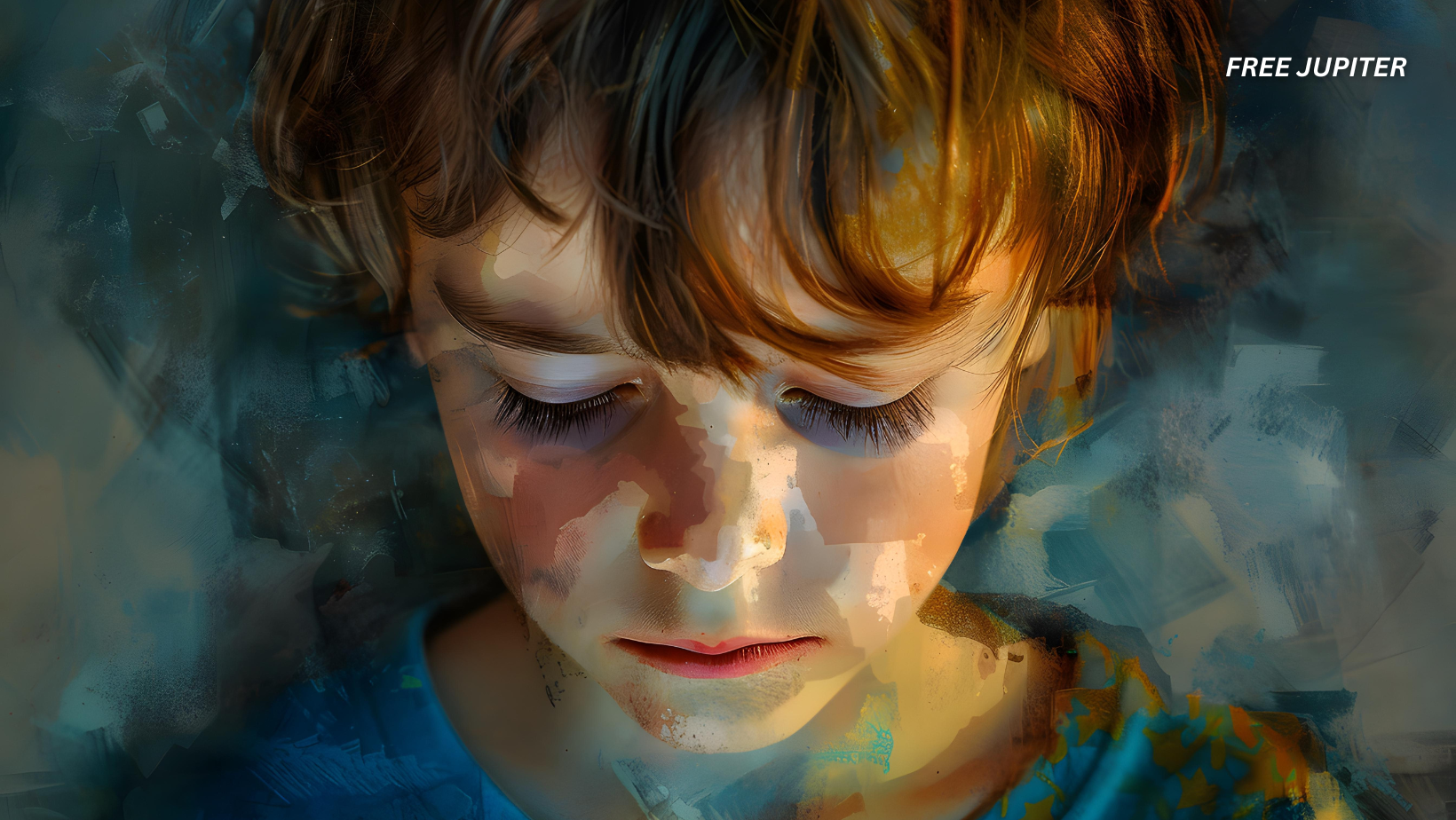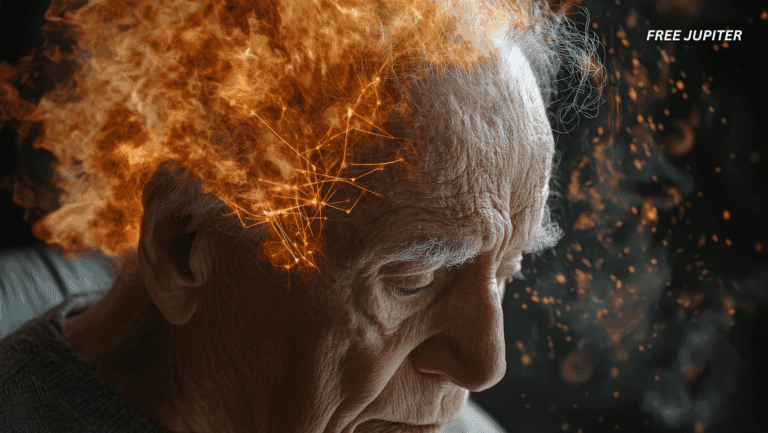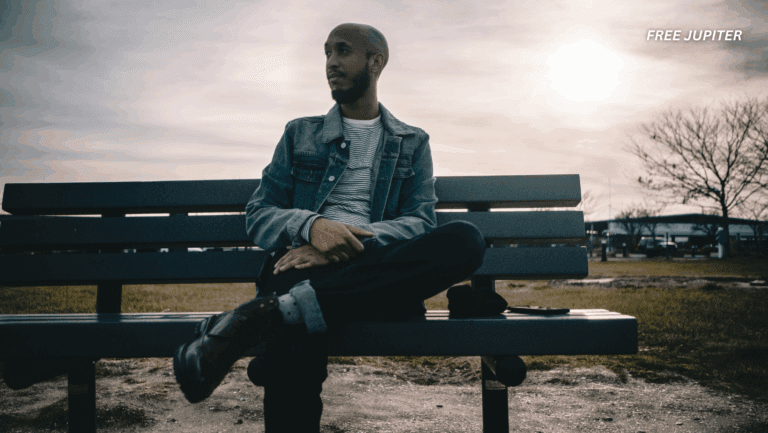Not all childhoods are made equal. Some are sprinkled with bike rides, sleepovers, and afternoons lost in cartoons. Others, however, look a lot more like unpaid internships in responsibility. While some kids were learning how to blow bubblegum or conquer the monkey bars, others were learning how to stretch grocery money, soothe crying babies, or manage emotions far too big for their age.
If you sometimes feel like you skipped the whole “carefree kid” chapter and jumped straight into adulthood, you’re not imagining it. Growing up too fast—sometimes called “parentification”—happens when children are expected to take on adult roles before they’re ready. And while it can make you incredibly capable later in life, it also leaves a mark.
Here are some signs you may have been thrust into adulthood before you were tall enough to reach the top kitchen shelf.
1. You Were the “Mini-Parent” in the House
Instead of being the one tucked in at night, you might have been the one tucking others in. From preparing meals to supervising siblings, your role extended far beyond “big brother” or “big sister.” You were a caretaker before you even understood what the word really meant.
This often happens in households where parents are absent, overwhelmed, or struggling. While it may have made you reliable and resourceful, it also robbed you of the chance to just be a kid.
2. Fun Felt Like a Luxury You Couldn’t Afford
While other kids chased fireflies or got lost in video games, your free time was often swallowed by chores, work, or family duties. The idea of being silly or carefree felt like something you had to earn—or worse, something frivolous.
This creates an odd disconnect in adulthood: even when you can relax, you struggle to enjoy it.
Read more: 12 Things Regular People Do Every Day That Entitled People Avoid Like The Plague
3. You Became the Family’s Emotional Sponge
Children are supposed to lean on their parents for comfort. But if the roles were flipped—if you were the one absorbing the stress, frustrations, or heartbreak of the adults around you—you carried burdens that didn’t belong to you.
Many adults who grew up this way describe feeling like the family therapist long before they knew what therapy was. This might explain why, today, you’re unusually good at listening and offering comfort—but also why you sometimes feel drained by other people’s problems.
4. Childhood Conversations Felt Alien
When classmates gushed over toys, cartoons, or the latest playground drama, you probably found it hard to relate. Your mind was occupied by bigger concerns: bills, safety, or family well-being.
That disconnect often creates a lasting sense of “being different”—as if you were always a step out of sync with peers.
5. Money Was Always a Serious Topic
Allowance? That was never “fun money.” For you, money represented stability—or survival. You may have learned how to budget earlier than most adults do. You may have even contributed to the household income.
While this can make you financially savvy now, it also means money is often tied to stress rather than joy. Even small purchases can trigger guilt or second-guessing.
6. Asking for Help Still Feels Wrong
When you grew up solving problems alone, depending on others feels foreign. Even in adulthood, you may struggle to ask for help—believing you should “figure it out” no matter how overwhelming the situation is.
This hyper-independence is a survival strategy, but it can also keep you from receiving the support you actually deserve.
7. Rest Feels Like a Crime
If you’ve ever felt guilty for napping or taking a lazy weekend, this probably traces back to childhood. When you’re taught early on that productivity equals worth, relaxation feels suspicious—like you’re doing something wrong.
Unfortunately, this guilt often follows into adulthood, making it hard to recharge without a side order of anxiety.
8. Stability Became Your Obsession
Children who grow up in unpredictable households often develop a deep craving for control. While your peers were spending allowance money on candy, you might have been secretly planning a savings account.
Now, as an adult, you might find comfort in routines, rules, and safety nets. While this helps you feel secure, it can also make spontaneity and risk feel terrifying.
9. You Learned to Carry Too Much, Too Soon
Whether it was juggling school, chores, work, or even caregiving, your to-do list as a child rivaled that of an adult. Over time, this became your default mode: always doing, always managing.
The downside? You might find it nearly impossible to scale back now. Resting or doing less feels unnatural because “too much” became your normal.
Read more: 12 Things That Seem Rude But Are Secretly Signs of Wisdom
10. Mistakes Never Felt Safe
Most children are allowed to stumble, mess up, and try again. But if one mistake in your home carried huge consequences—maybe punishment, maybe disappointment—you learned to fear failure.
That fear can linger. Even today, making small decisions may feel nerve-wracking because you associate mistakes with danger, not growth.
11. You’re Always Aware of Everyone Else’s Needs
It’s like you developed radar for emotions. You walk into a room and instantly sense tension, sadness, or discomfort. While this makes you empathetic and attentive, it also means you’re constantly on high alert.
That hyper-awareness often comes from years of managing household moods, trying to prevent arguments, or smoothing over chaos.
12. Every Decision Feels High-Stakes
For kids who grew up too fast, even little choices can feel overwhelming. Picking a restaurant or choosing what to wear may come with overthinking and second-guessing. Why? Because childhood taught you that every decision could ripple out into something bigger.
13. You Were Forced Into Independence
While some kids had the gradual luxury of easing into responsibility, you were thrown headfirst. Maybe you had your first job long before your peers. Maybe you learned to cook, clean, or budget not as a skill, but as a necessity.
This made you strong—but it also left you feeling like you never had a safety net.
14. Playfulness Doesn’t Come Naturally
Goofing off, being silly, or playing games may feel uncomfortable even now. When you’re conditioned to be “the responsible one,” it’s difficult to switch that part of your brain off.
While others might say, “Just relax!” you’re left wondering how to do something that never felt natural to begin with.
15. Nostalgia Hits Differently
When friends share heartwarming childhood memories—sleepovers, school trips, family vacations—you might laugh along politely. But deep down, you feel a pang of emptiness. Your own memories are often more about survival than carefree joy.
16. You Carry a Sense of Missing Out
Even if you can’t pinpoint it, there’s a lingering awareness that you didn’t get a full childhood. It’s not just nostalgia—it’s grief for an experience you never really had.
17. You Struggle to Feel “Enough”
Being asked to “do more” from a young age often creates an internal script: I must always achieve, always contribute, always handle things. As an adult, this can morph into a constant sense of inadequacy—even when you’re doing more than enough.
Why This Matters
Growing up too fast often leaves behind hidden wounds. Research on parentified children shows they tend to become resilient, empathetic, and responsible—but also anxious, self-critical, and prone to burnout.
It’s not about blaming your upbringing—it’s about recognizing how it shaped you. When you realize why rest feels guilty or fun feels foreign, you can start to unlearn those patterns.
Read more: 8 Behaviors That Reveal You Might Be Dealing With Imposter Syndrome
The Good News: You Can Reclaim What You Missed
While you can’t rewrite your childhood, you can give yourself what you missed:
- Play: Allow yourself hobbies and silliness without judgment.
- Rest: Remind yourself that doing nothing is also doing something—healing.
- Support: Let others help you. Independence is strength, but connection is too.
- Compassion: Treat your younger self with the kindness you didn’t receive.
Childhood may have ended early, but joy doesn’t have an expiration date. It’s never too late to rediscover the parts of life that make it lighter, brighter, and a little less serious.
Featured image: Freepik.
Friendly Note: FreeJupiter.com shares general information for curious minds. Please fact-check all claims and double-check health info with a qualified professional. 🌱










